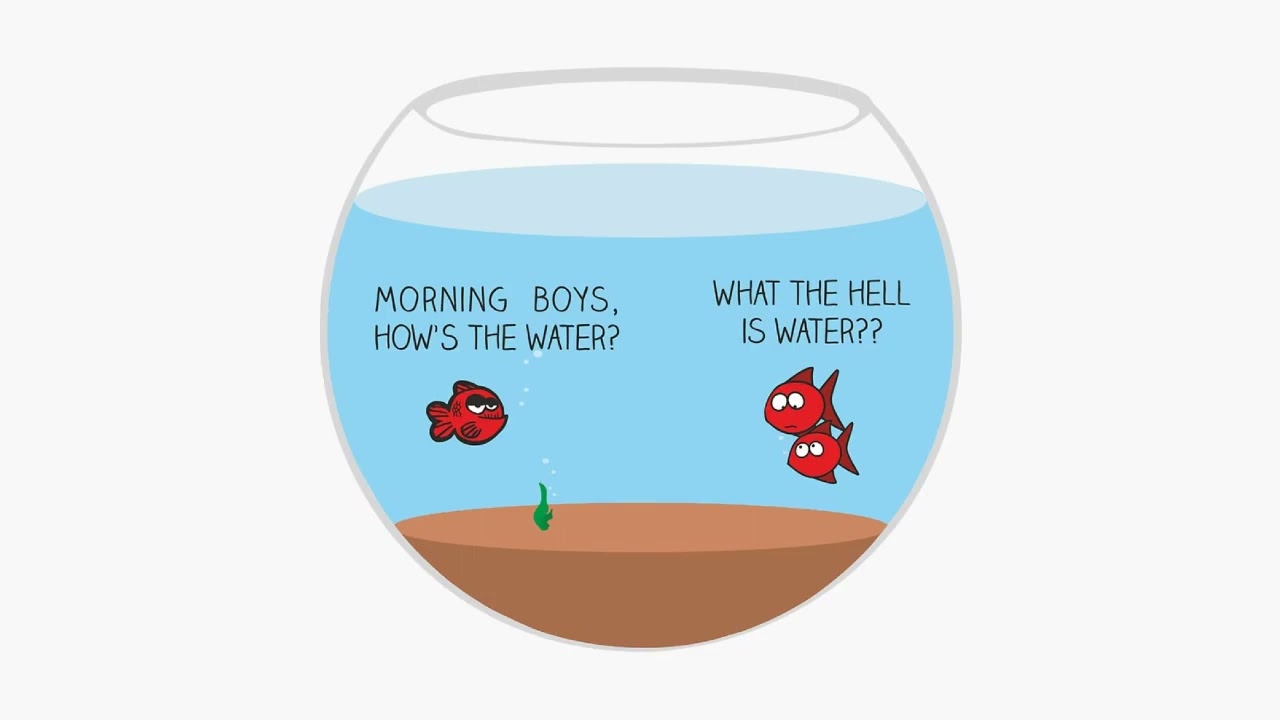The late David Foster Wallace compared thoughtfulness, cooperation, empathy, and living a compassionate life to the story about the fish who had never heard of water. In addressing the 2005 graduating class at Kenyon College, he delivered what I believe is one of the greatest speeches ever made. I’ve linked to a condensed version as well as the entire speech. I highly encourage you to give it a read or listen.
There is truth in comparing how we live to the story about the fish. We are cursed to only experience the world through our own eyes. It’s impossible to truly put ourselves in someone else’s shoes. However, that doesn’t mean we shouldn’t try. Empathy may not be perfect, but it’s far better than deciding to discount the feelings of others altogether.
I mention all of this because it reminded me of a concept I was introduced to when training to work as a mediator. It’s called the Drama Triangle, or the Rescuer’s Dilemma. The Drama Triangle was first proposed by psychiatrist Stephen Karpman in 1968 as a model to describe how we often adopt one of three roles when in conflict.

When in conflict, we all have narratives we’ve constructed in our heads about where we fit in and what role we play. For example, most people see themselves as the victim while the other party is the villain. But does the villain see themselves as such? Of course not—they too see themselves as the victim. We can also easily shift between roles as the conflict progresses.
How do you get out of the triangle? Having a neutral third party can help increase your self-awareness regarding your role in the conflict. Once you’ve gained awareness, you can begin to make a shift to something healthier.
This is why this model is sometimes referred to as the Rescuer’s Dilemma. Each party sees the other person as the “villain” and expects the mediator to “rescue” them. The other person needs to be fixed—not them. If the mediator tries to play this role, they cannot satisfy both parties’ needs and risk alienating both sides, losing their positive influence. For mediation to work, both parties need to come with the intention of working together, not to “win.”
I’ll be the first to admit that adopting that mindset is not easy. It doesn’t matter if you’re the one leaving or the one being left—putting aside your ego and focusing on the present instead of the past is incredibly difficult. This is about setting yourselves up for a solid future living separately but together, especially if there are kids involved.
Compassion, empathy, thoughtfulness, working together—this is water.
You can gave Ground Rules delivered weekly to your inbox. Subscribe below:

